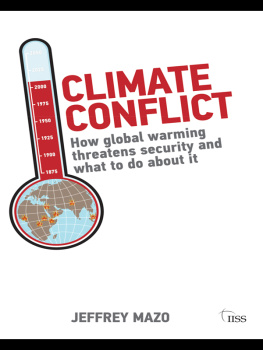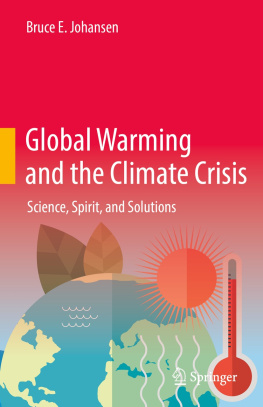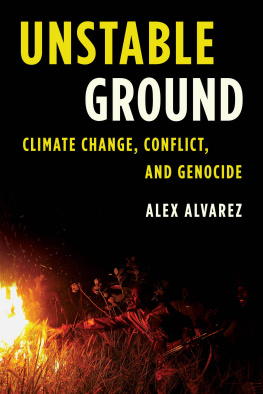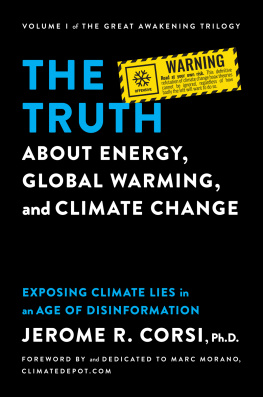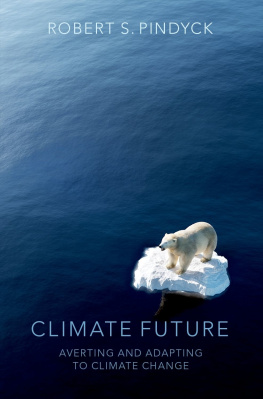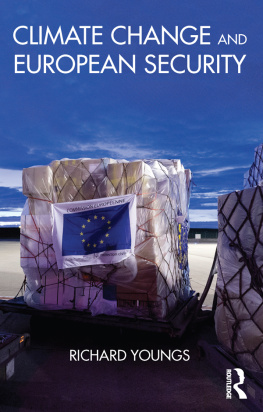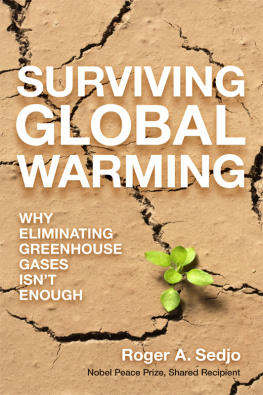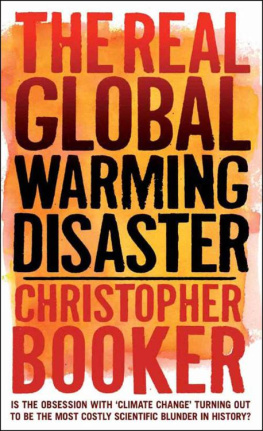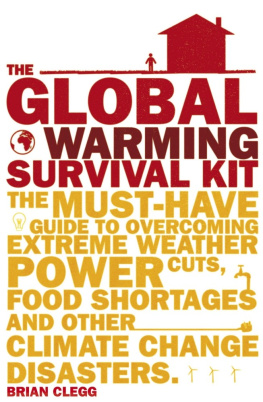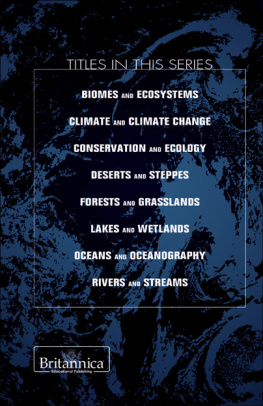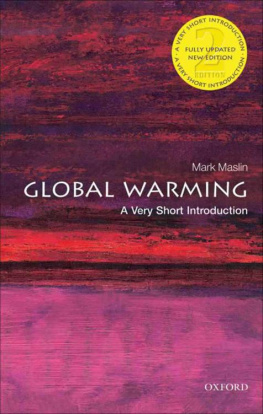Jeffrey Mazo - Climate Conflict: How Global Warming Threatens Security and What to Do about It
Here you can read online Jeffrey Mazo - Climate Conflict: How Global Warming Threatens Security and What to Do about It full text of the book (entire story) in english for free. Download pdf and epub, get meaning, cover and reviews about this ebook. year: 2010, publisher: Routledge, genre: Politics. Description of the work, (preface) as well as reviews are available. Best literature library LitArk.com created for fans of good reading and offers a wide selection of genres:
Romance novel
Science fiction
Adventure
Detective
Science
History
Home and family
Prose
Art
Politics
Computer
Non-fiction
Religion
Business
Children
Humor
Choose a favorite category and find really read worthwhile books. Enjoy immersion in the world of imagination, feel the emotions of the characters or learn something new for yourself, make an fascinating discovery.
- Book:Climate Conflict: How Global Warming Threatens Security and What to Do about It
- Author:
- Publisher:Routledge
- Genre:
- Year:2010
- Rating:5 / 5
- Favourites:Add to favourites
- Your mark:
Climate Conflict: How Global Warming Threatens Security and What to Do about It: summary, description and annotation
We offer to read an annotation, description, summary or preface (depends on what the author of the book "Climate Conflict: How Global Warming Threatens Security and What to Do about It" wrote himself). If you haven't found the necessary information about the book — write in the comments, we will try to find it.
Climate change has been a key factor in the rise and fall of societies and states from prehistory to the recent fighting in the Sudanese state of Darfur. It drives instability, conflict and collapse, but also expansion and reorganisation. The ways cultures have met the climate challenge provide lessons for how the modern world can handle the new security threats posed by unprecedented global warming.
Combining historical precedents with current thinking on state stability, internal conflict and state failure suggests that overcoming cultural, social, political and economic barriers to successful adaptation to a changing climate is the most important factor in avoiding instability in a warming world. The countries which will face increased risk are not necessarily the most fragile, nor those which will suffer the greatest physical effects of climate change.
The global security threat posed by fragile and failing states is well known. It is in the interest of the worlds more affluent countries to take measures both to reduce the degree of global warming and climate change and to cushion the impact in those parts of the world where climate change will increase that threat. Neither course of action will be cheap, but inaction will be costlier. Providing the right kind of assistance to the people and places it is most needed is one way of reducing the cost, and understanding how and why different societies respond to climate change is one way of making that possible.
Jeffrey Mazo: author's other books
Who wrote Climate Conflict: How Global Warming Threatens Security and What to Do about It? Find out the surname, the name of the author of the book and a list of all author's works by series.

